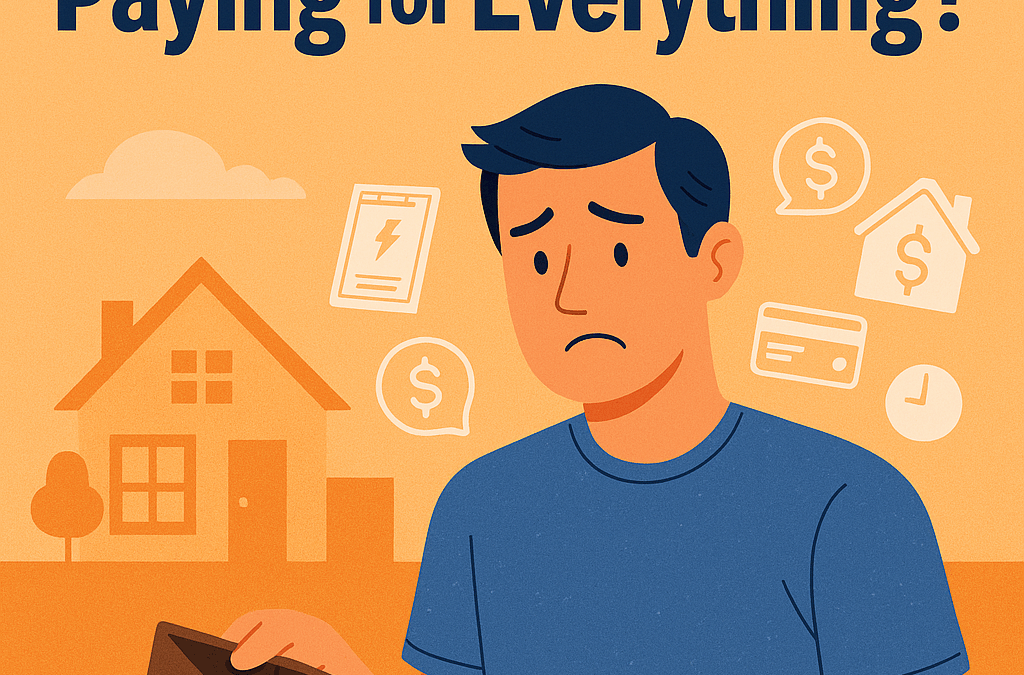The Confusion Starts After the Door Closes
It happens all the time. She moves out, but somehow you’re still paying the rent, the car note, the kids’ activities—and maybe even some of her bills.
You’re not alone in wondering: “If we’re separated, why am I still footing the bill?”
Separation can be an emotional mess, but it’s also a legal gray area that too many people navigate blind. If you’re in Georgia and feeling taken advantage of financially after she’s left, you need to know what your rights are—and what boundaries you can legally enforce.
Separation Doesn’t Always Mean Financial Independence
Let’s start with the facts: Georgia doesn’t have legal separation the way some other states do. That means unless you’ve filed for divorce or have a written separation agreement, you’re still technically married—and that often means shared financial obligations.
But here’s the good news:
You’re not required to keep covering everything. Georgia law doesn’t say one person has to keep another afloat just because they were generous during the relationship.
When Does Financial Obligation Legally End?
It depends on a few things:
- If you have children together, child support could begin once you separate, but that doesn’t mean you’re on the hook for everything.
- Without a court order, you aren’t legally bound to continue paying her bills.
- Verbal agreements—like “I’ll keep paying your car note”—are not enforceable in court unless they’re part of a formal divorce or support agreement.
Translation? If she moved out and the bills are still in your name, you need to get legal protection now before the financial imbalance becomes permanent.
Don’t Let “Guilt Payments” Become a Pattern
Many people continue to pay out of guilt or confusion. You might feel bad she’s struggling—or you don’t want to “look bad” in front of your kids.
But let’s be clear:
Generosity without boundaries isn’t noble, it’s expensive. If she made the decision to leave, she made a financial choice too. That doesn’t mean abandon your responsibilities—but it does mean you’re allowed to protect yourself.
How to Get Financial Boundaries in Writing
To stop overpaying or being taken advantage of, here’s what you need:
- File for divorce if you’re ready to draw a legal line.
- Work with an attorney to request temporary orders for custody, support, and asset use.
- Transfer or close joint accounts that are no longer shared.
- Avoid giving verbal financial promises that can’t be enforced—or protected.
Don’t Wait Until You’re Broke
If she’s moved out, your life is already changing. Your finances should change too. Don’t keep paying “just to keep the peace” while you drain your own bank account.
Set boundaries. Get legal backup. And move forward smart.

